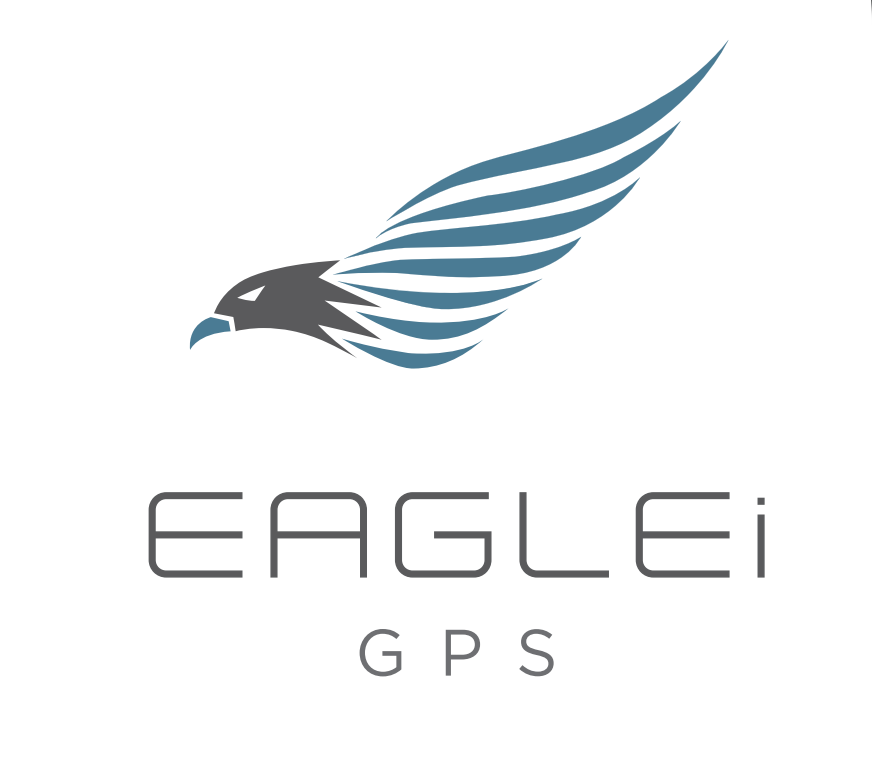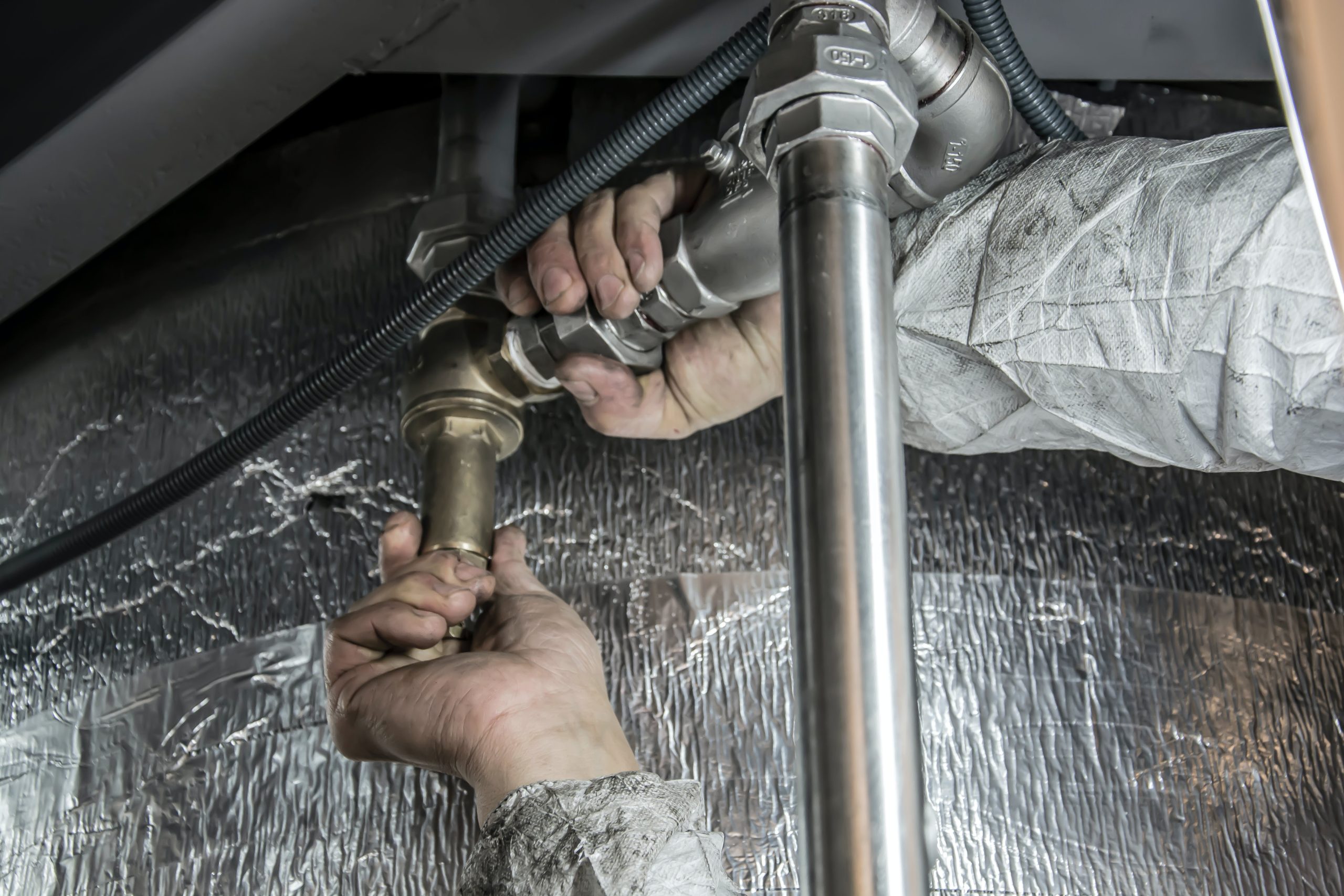Optimizing Plumbing Services with GPS Fleet Tracking
In the dynamic and demanding world of plumbing services, efficiency and timely response are key to success. As the industry evolves, plumbing companies are increasingly turning to technology for solutions that streamline operations and enhance customer service. One such technological advancement is GPS fleet tracking, a system that has revolutionized how plumbing businesses manage their field operations. This comprehensive exploration delves into the multifaceted benefits of GPS fleet tracking for plumbing services, revealing how it optimizes every aspect of the business, from improved route planning to enhanced customer satisfaction.
Enhanced Route Planning and Time Management
One of the primary advantages of Field Service GPS fleet tracking is the optimization of route planning. With real-time tracking, dispatchers can identify the exact location of each vehicle, enabling them to assign the closest plumber to urgent jobs. This not only reduces travel time but also ensures that clients receive prompt services. Moreover, GPS tracking allows for efficient route optimization, helping drivers avoid traffic congestions and take the shortest possible routes to their destinations. This leads to a significant reduction in fuel consumption and vehicle wear and tear, thereby lowering operational costs.
Improved Workforce Management
Managing a team of field technicians is challenging, especially when dealing with a large fleet. GPS fleet tracking provides an overarching view of all operations, facilitating better workforce management. It allows managers to monitor work hours, ensuring compliance with labor laws and reducing the likelihood of overtime disputes. Additionally, tracking systems can be used to evaluate the performance of technicians based on metrics such as job completion times and customer feedback, leading to more informed decisions regarding training and incentives.
Increased Accountability and Reduced Idle Time
GPS fleet tracking instills a sense of accountability among technicians. Knowing that their routes and time management are being monitored, drivers are less likely to engage in unauthorized stops or detours, leading to increased productivity. The system also helps identify patterns of idle time, enabling managers to address inefficiencies and optimize scheduling.
Enhanced Customer Service and Transparency
In the service industry, customer satisfaction is paramount. GPS fleet tracking enhances the customer experience in several ways. Firstly, it provides accurate arrival times, which can be communicated to customers, reducing uncertainty and improving trust. Secondly, in the event of delays, real-time tracking allows for prompt updates to clients, demonstrating a commitment to transparency and customer service. Furthermore, the ability to track service history and customer preferences leads to more personalized service, fostering loyalty and repeat business.
Preventive Maintenance and Fleet Health
Regular maintenance is crucial to avoiding unexpected breakdowns that can disrupt service schedules. GPS fleet tracking systems often come with features that monitor vehicle health, including engine performance, fuel usage, and maintenance alerts. This proactive approach to fleet maintenance ensures that vehicles are always in top condition, minimizing downtime and extending the lifespan of the fleet.
Safety and Security Improvements
Safety is a major concern in field services. GPS tracking enhances driver safety through features like speed monitoring and alerts for erratic driving behavior. This not only protects the technicians but also reduces the risk of accidents, which can have significant financial and reputational consequences. In terms of security, GPS tracking acts as a deterrent against theft and enables quick recovery of vehicles in case of theft, thereby protecting valuable assets.
Data-Driven Decision Making
The wealth of data generated by GPS fleet tracking systems is invaluable for strategic planning. By analyzing trends in travel times, route efficiency, and service call duration, plumbing businesses can make informed decisions to optimize their operations further. This data-driven approach leads to continuous improvement and helps in identifying new opportunities for growth and expansion.
Cost Reduction and Increased Profitability
Ultimately, the integration of GPS fleet tracking in plumbing services leads to significant cost savings. By reducing fuel consumption, lowering maintenance costs, improving workforce efficiency, and minimizing idle time, businesses can see a substantial increase in their bottom line. This cost efficiency, combined with enhanced customer service, positions plumbing companies for increased profitability and competitive advantage in the market.
Conclusion
GPS fleet tracking is more than just a tool for monitoring vehicles; it’s a comprehensive solution that touches every aspect of a plumbing business. From operational efficiencies to improved customer satisfaction, the benefits are far-reaching. As the plumbing industry continues to embrace digital transformation, GPS fleet tracking stands out as a pivotal technology that not only addresses current challenges but also paves the way for future growth and success. For plumbing companies looking to stay ahead of the curve, investing in GPS fleet tracking is not just an option; it’s a necessity for sustainable, efficient, and customer-centric operations.







